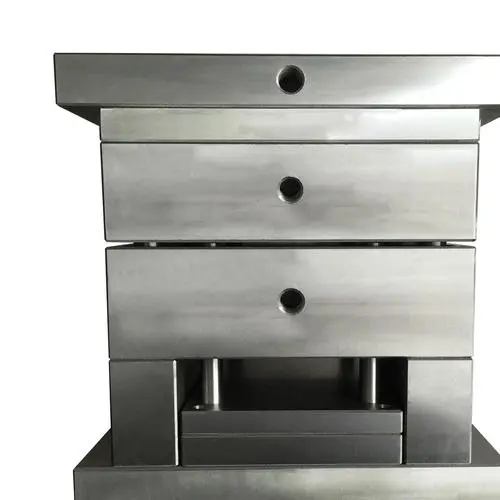In the competitive landscape of precision manufacturing in Singapore, the selection of appropriate materials plays a critical role in achieving optimal results. One of the most crucial material choices is mold steel, which impacts the quality, durability, and efficiency of production. This article will delve into the best mold steel options available for precision manufacturing, examining their properties, advantages, and applications.
Understanding Mold Steel
Mold steel, also known as tool steel, is specifically crafted for the manufacture of tools and molds. It is designed to withstand the rigorous demands of production processes while delivering the precision required in high-quality manufacturing. Key characteristics of mold steel include hardness, tensile strength, wear resistance, and the ability to withstand extreme temperatures.
Key Types of Mold Steel
Below are some of the most commonly used types of mold steels along with their properties and applications:
- AISI D2 Steel: A high carbon, high chromium steel that offers excellent wear resistance and toughness.
- AISI P20 Steel: A versatile mold steel that provides good toughness and is well suited for plastic injection molds.
- AISI H13 Steel: Known for its thermal fatigue strength, it is ideal for hot working applications.
- AISI S7 Steel: A shock-resistant tool steel that excels in applications requiring high toughness.
Comparison of Mold Steel Options
The table below summarizes some key properties of popular mold steels used in precision manufacturing:
| Type of Steel | Hardness (HRC) | Wear Resistance | Toughness | Typical Applications |
|---|---|---|---|---|
| AISI D2 | 58-62 | Excellent | Good | Cold work dies, stamping dies |
| AISI P20 | 28-32 | Good | Very Good | Plastic injection molds |
| AISI H13 | 48-52 | Excellent | Good | Hot work tooling, die casting |
| AISI S7 | 57-60 | Good | Excellent | Shock applications, tooling |
Factors to Consider When Choosing Mold Steel
Choosing the right mold steel is essential for ensuring the manufacturing process runs smoothly and effectively. Consider the following factors:
- Material Properties: Evaluate the required hardness, toughness, and wear resistance based on the application.
- Cost Implications: Analyze the cost-effectiveness of each type of steel, including maintenance costs.
- Environmental Impact: Consider sustainability practices in sourcing and using mold steel.
- Supplier Reputation: Choose reputable suppliers who can ensure quality and timely delivery.
The Role of Mold Steel in Precision Manufacturing
The role of mold steel in precision manufacturing cannot be overstated. High-quality mold steel enables manufacturers to achieve:
- Increased Product Lifespan: Choosing the right mold steel can significantly extend the lifespan of molds.
- Enhanced Product Quality: High-quality materials lead to better surface finishes and tolerances.
- Cost Efficiency: Durable molds can reduce overall production costs by minimizing failures and downtime.
Popular Suppliers of Mold Steel in Singapore
In Singapore, several suppliers offer high-quality mold steel. Notable suppliers include:
- Haweldon Pte Ltd
- Chuan Heng Hardware Pte Ltd
- Yong Huat Metal & Engineering
- Wah Loon Engineering
Conclusion
In conclusion, selecting the best mold steel for precision manufacturing in Singapore is vital for enhancing product quality, durability, and efficiency. By understanding various mold steel options, their properties, and factors influencing the decision, manufacturers can make informed choices. Investing in high-quality mold steel pays off in the long run, leading to better manufacturing outcomes and stronger competitiveness in the market.

